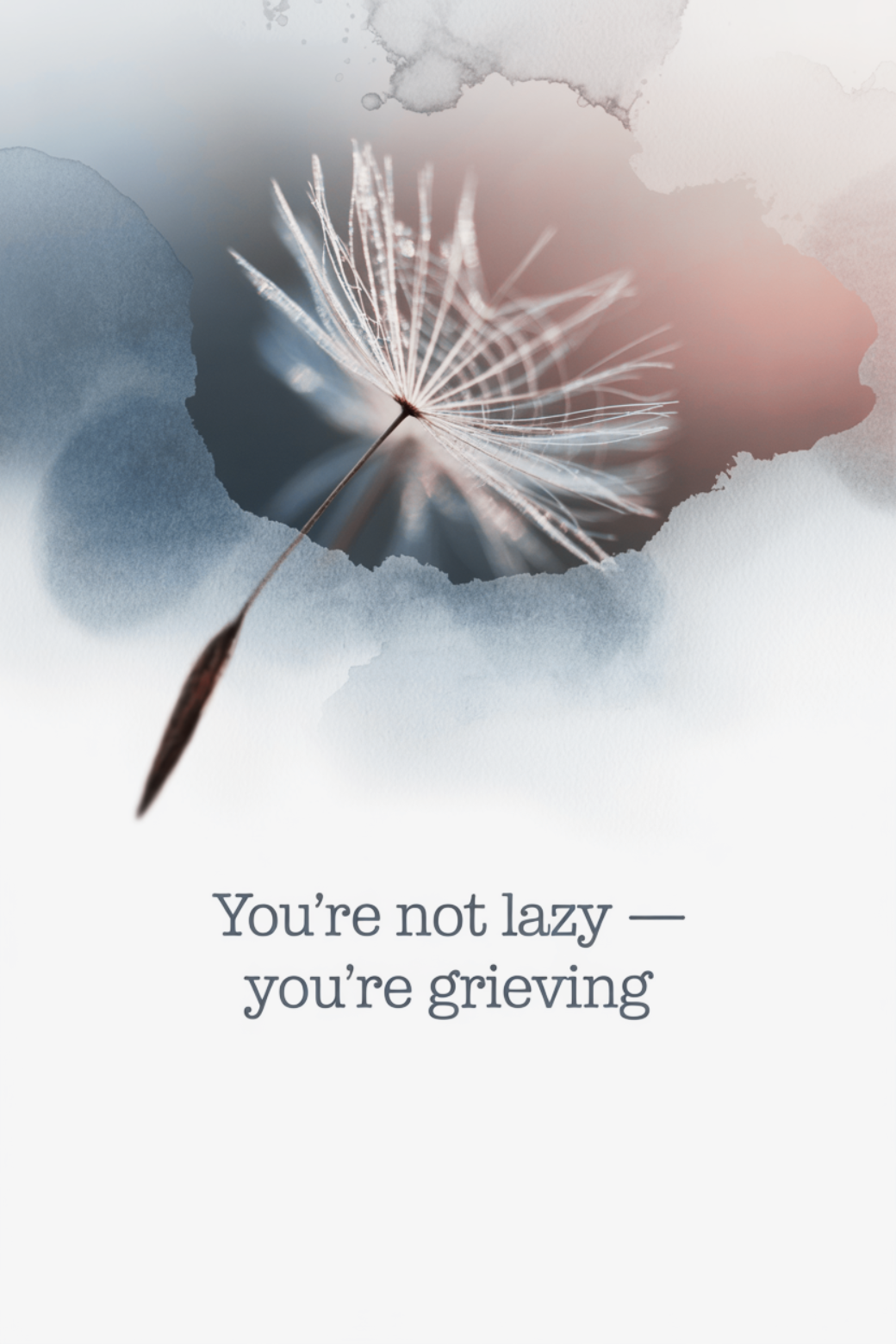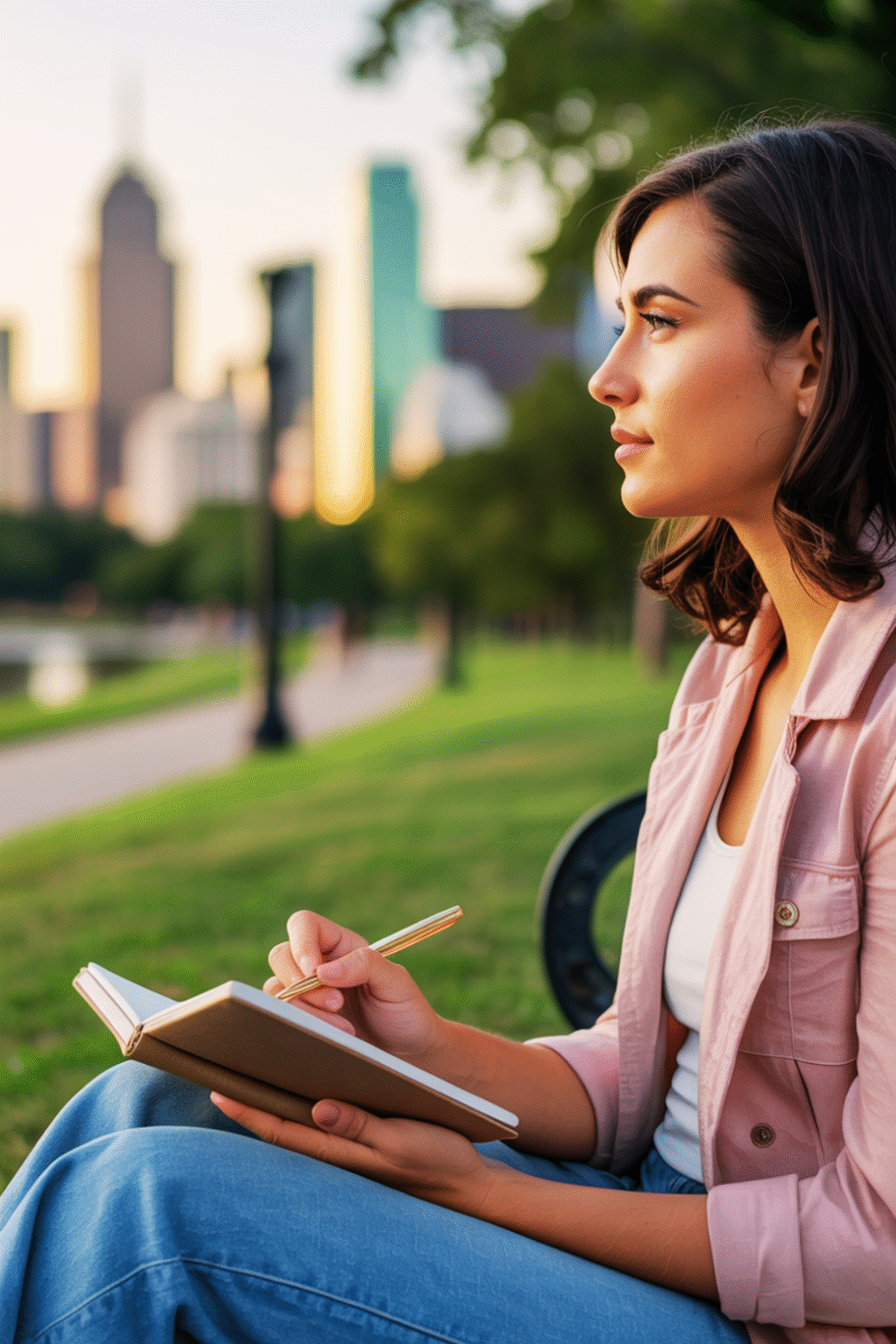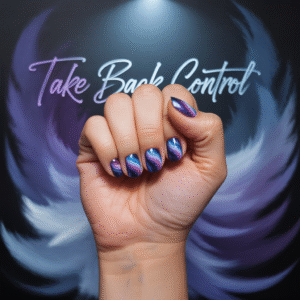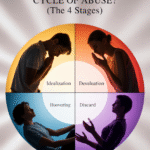Now Reading: You’re Not Lazy — You’re Grieving: The Fatigue of Emotional Survival
-
01
You’re Not Lazy — You’re Grieving: The Fatigue of Emotional Survival

You’re Not Lazy — You’re Grieving: The Fatigue of Emotional Survival
🧨 Let’s Just Say It: You’re Not Lazy — You’re Burned the Hell Out
If you’ve ever looked around at the laundry, the dishes, the unpaid bills, and thought:
“Why can’t I just get it together?”
Let me be the first to tell you:
It’s not laziness. It’s grief. It’s trauma. It’s survival burnout.
Narcissistic abuse doesn’t just mess with your heart — it burns out your body, your brain, and your will to act.
You’ve been living in constant alert mode. You’ve been gaslit, invalidated, minimized, guilt-tripped, and discarded. And now that the chaos is quiet?
Your body has collapsed under the weight of everything it held up for far too long.
🧠 Why This Happens: The Science of Survivor Fatigue
Here’s what most people don’t understand about survivors:
The body keeps pushing until it’s “safe” enough to break down.
Once you’re out of the narcissist’s line of fire — that’s when the exhaustion hits like a truck.
What’s happening inside you:
- 🧬 Cortisol flood from prolonged stress
- 🧠 Adrenal fatigue (yes, it’s real)
- 🩸 Dysregulated blood sugar, hormone chaos
- 🛑 Chronic inflammation = brain fog, pain, digestive issues
- 😵💫 Emotional freeze response = can’t initiate tasks, dissociate from needs
This isn’t about motivation or mindset. It’s about physiology. Your nervous system is running on fumes.
😔 The Inner Monologue of a Burned-Out Survivor
Let’s break the silence. If you’ve ever said (or thought) any of these, you’re not alone:
“I slept 10 hours but I’m still exhausted.”
“I can’t even answer a text message.”
“I used to be so productive… what happened to me?”
“I’m embarrassed. I feel broken.”
“I want to care. I just can’t.”
Here’s your permission slip: you’re allowed to rest. You’re allowed to heal. You’re allowed to not perform.
Because right now, your body is grieving. And grief is heavy.
⚠️ Why Narcissistic Abuse Makes Grief So Complex
This isn’t like grieving a regular breakup. You’re grieving:
- The person you thought they were
- The version of yourself you lost in the chaos
- Time, energy, and dreams stolen
- The family/friends who didn’t believe you
- The identity you had before trauma twisted it
And here’s the kicker? Most of this grief is invisible. People expect you to “be over it,” and when you’re still barely functioning, it makes the shame worse.
🛑 The Lie: “If You Really Wanted to Heal, You’d Be Doing More”
Narcissistic conditioning doesn’t leave quietly. Even after they’re gone, that voice lingers:
“You’re lazy.”
“You’re useless.”
“You’re wasting your life.”
It’s not your voice.
It’s theirs, echoing in your nervous system like a bad reverb effect.
Healing isn’t about doing more — it’s about doing differently.
🌱 What Recovery Looks Like (Hint: It’s Not Glamorous)
Let’s be real. Most days, healing looks like:
- Getting out of bed and that’s the win
- Crying for 20 minutes and then making a sandwich
- Deleting a toxic message instead of replying
- Staring at a wall while your nervous system recalibrates
- Resting — not as a luxury, but as a survival strategy
These moments count. Healing isn’t about proving your productivity. It’s about reconnecting to your self.
💡 What Actually Helps (Tiny But Mighty Shifts)
1.
Reframe Rest as Repair
Instead of saying “I’m being lazy,” try:
“My system is repairing. I’ve earned this pause.”
Use this like a mantra — and repeat it until your inner critic shuts up.
2.
Create Micro-Missions
Forget mile-long to-do lists. Try:
- Drink a glass of water
- Sit outside for 5 minutes
- Put on music instead of doomscrolling
- Tidy one corner, not the whole house
Success breeds regulation. Tiny wins retrain your brain.
3.
Build a Guilt-Free Recovery Routine
Here’s a sample flow:
- Morning: No phone. Breathe. One anchor thought.
- Midday: Movement snack (5 minutes). Hydration.
- Evening: Magnesium + wrap in blanket + no-pressure journaling.
- Bedtime: Affirm: “I am safe enough to rest now.”
The goal isn’t productivity. It’s nervous system safety.
4.
Redefine “Progress”
Old definition:
“Did I get everything done?”
New definition:
“Did I honor my needs and keep myself regulated — even just a little?”
Progress isn’t measured in checkboxes. It’s measured in peace.
5.
Ditch the Performative Healing Trap
You don’t need to start a trauma podcast, open your chakras, and become a yoga influencer to prove you’re healing.
You just need to breathe, rest, feel, and not gaslight yourself.
That’s enough. That’s huge.
📓 Survivor Journal Prompt
Use this when you’re spiraling into “I’m not doing enough” territory:
1. What do I feel guilty about not doing today?
2. What would I say to a friend who felt this way?
3. What does my body actually need right now?
4. What tiny thing can I do to meet that need — even 1%?
5. What do I want to remember about this moment?
🎯 Reminder: Rest Isn’t a Reward — It’s a Requirement
Let me say this plain:
You don’t have to earn rest.
You don’t have to justify your fatigue to anyone.
And you damn sure don’t need to produce your way out of your pain to be “valid.”
You’ve survived the war. Now let yourself rebuild, brick by brick — nap by nap.
And when you rest? You’re not quitting.
You’re reclaiming.
























